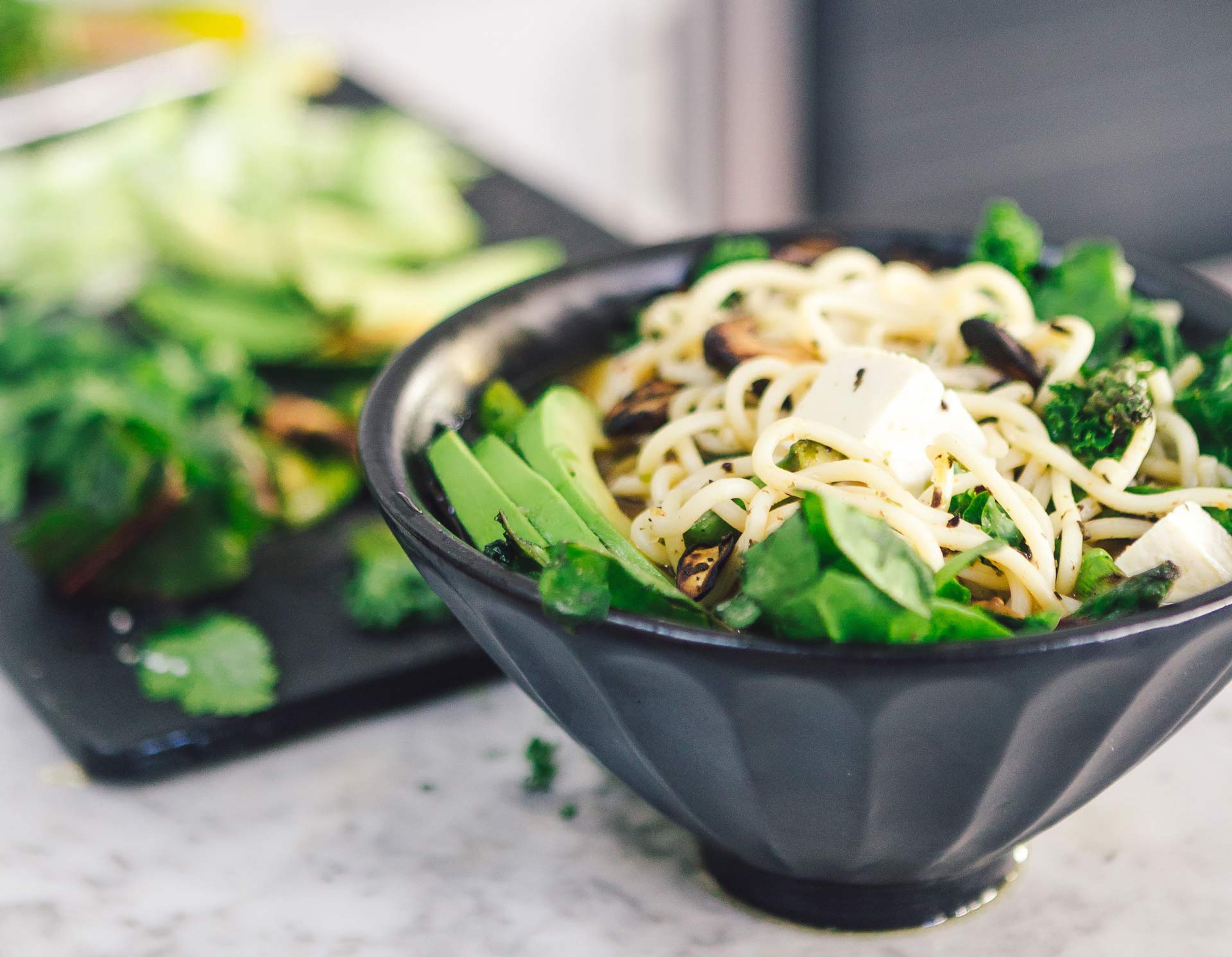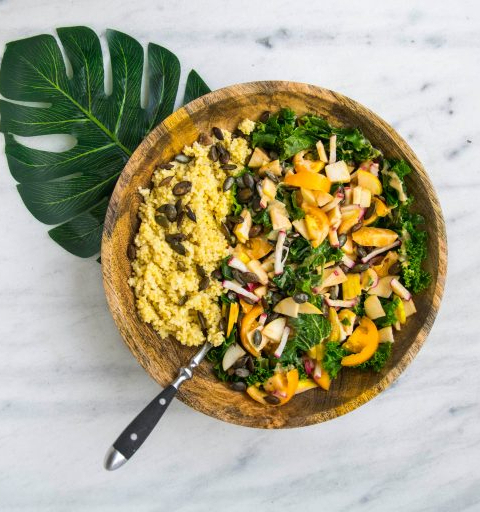Becoming Vegetarian Can Be A Money Saver
- Written by: CHEERS Team

Eating a plant-based diet has many benefits, including less strain on your wallet!
A well-planned vegetarian eating plan can be healthy and delicious! It is associated with a reduced risk of heart disease, obesity, hypertension, type 2 diabetes, and some types of cancer, leading to a longer life expectancy. It may even lead to weight loss. It is also an affordable way to nourish your body. In fact, a vegetarian diet can save you about $750/year in groceries compared to a meat-based diet.1
The hardest part of the vegetarian transition is thinking about what to cook and how to put a healthy eating plan together. Luckily there are many resources available for vegetarian recipes and tips, and the world is changing rapidly, with vegetarian and vegan options available almost anywhere you may go.

Going vegetarian is mainly about making simple substitutions while keeping nutrient needs in mind. If you find yourself craving meat-based meals that you have eaten for your whole life, it’s often quite easy to veggie-or-veganize most dishes. For example, if your family usually has taco night with some type of ground meat, try substituting for beans and rice or soy-based ground to make it vegetarian, and to make it vegan, try substituting the cheese for vegan cheddar or avocado.
To save even more money, try buying dried items like legumes and nuts in bulk (use reusable bulk bags to be eco-friendly)!
Check out: http://bit.ly/2OYWCE0 for vegetarian meal planning and information.
References
- Flynn, M. M., & Schiff, A. R. (2015). Economical healthy diets (2012): Including lean animal protein costs more than using extra virgin olive oil. Journal of hunger & environmental nutrition, 10(4), 467-482.